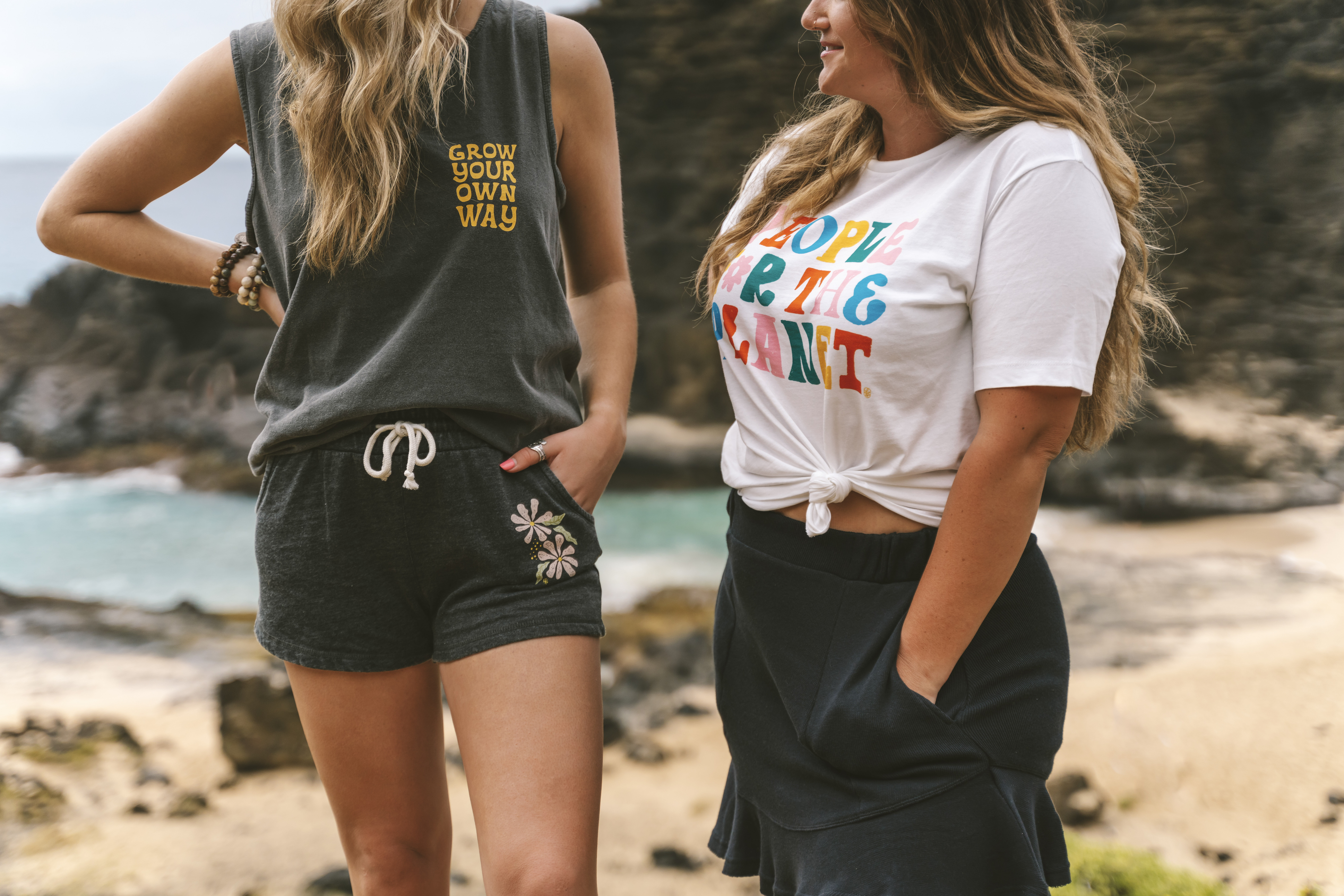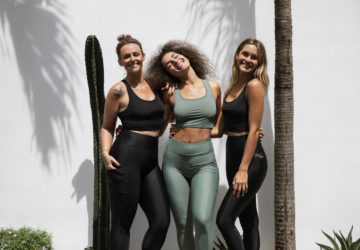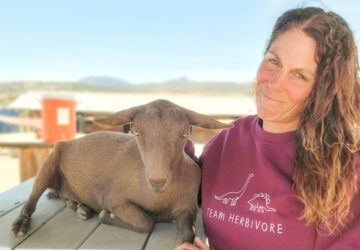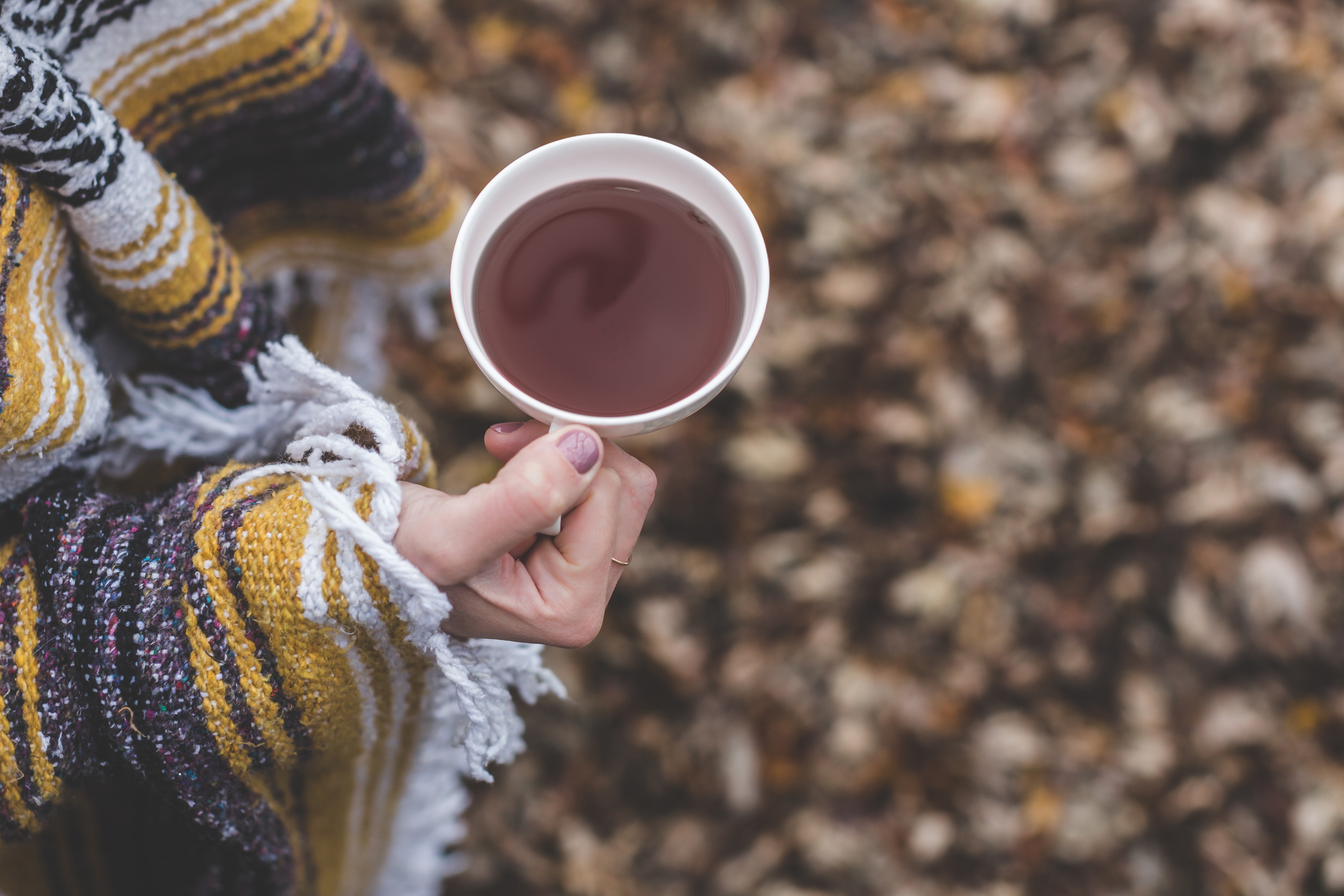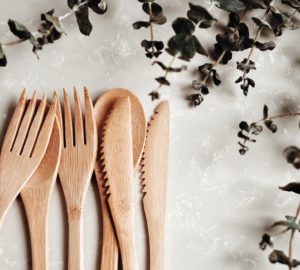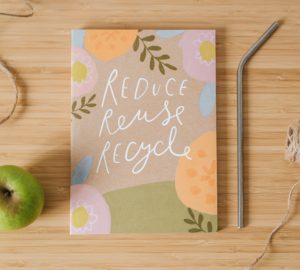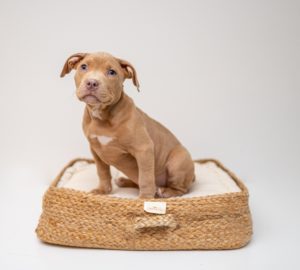How to make sure your fav tea is eco-friendly & cruelty-free
We’re spilling the tea… about tea!
Something about sipping tea feels mediative meets rejuvenating. Whether it’s a cup of black tea in the morning or white tea to wind down, there’s a perfect tea for every kind of mood.
But it turns out, some tea involves microplastics, silk (which isn’t vegan), and other animal-derived ingredients. Yikes! Luckily, with a few tips, you can make sure your cup of tea is good for you — and Mother Earth.
So if you’re ready to take a break from the beans and discover the art of the leaves, here’s our guide to cruelty-free teas!
5 tips to sip the most cruelty-free cup of tea
1. Loose leaf tea > packaged tea
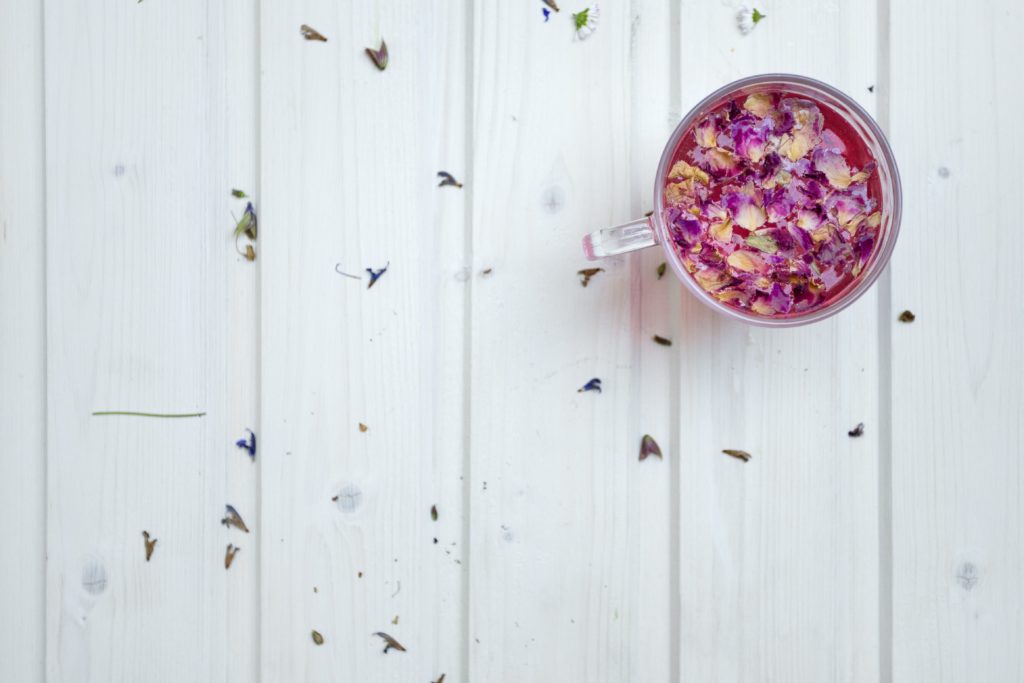
For the most eco-friendly cuppa, loose leaf tea is the way to go. Why? Because you’ll save waste from all of those little tea bags plus all of the individual packaging, as a lot of companies wrap each little baggie. Not to mention, the flavor is typically fuller and lasts longer — so your taste buds and the planet will benefit.
We’re partial to Arbor Teas, which offers loose leaf teas (all organic) in compostable packaging.
View this post on InstagramA post shared by Arbor Teas (@arborteas) on
2. Investigate your packaged tea
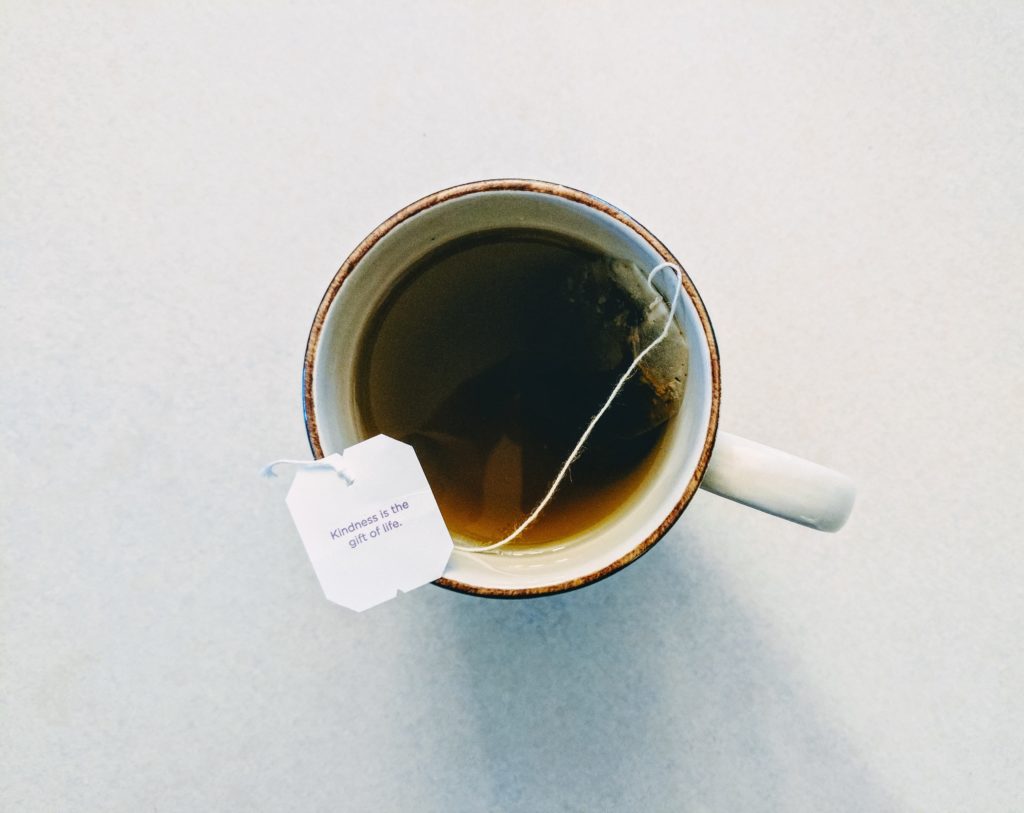
While loose leaf is ideal, packaged tea can be more convenient if you’re on-the-go or don’t want to wait for the loose leaves to brew.
However, you want to make sure that the tea brand doesn’t use polypropylene — a fancy word for plastic– when sealing the tea bags. And according to research done at McGill University in Canada, some companies even use plastic to make the tea bag itself (wish we were kidding).
Also, stay clear of brands using silk-sachets (like Harney & Sons). Want to learn more about why silk and veganism don’t go together? Watch this video:
Here are some brands that openly disclose their packaging process and confirm plastic/silk isn’t involved:
- Pukka Herbs: Pukka is also a certified B Corp and members of 1% for the Planet)
- Teapigs: all of the packaging is either biodegradable, recyclable, or compostable
- Yogi tea: Yogi is also a certified B Corp and they use heat to seal the tea bag envelopes
View this post on InstagramA post shared by Pukka Herbs (@pukkaherbs) on
3. Be specific about your boba
View this post on InstagramA post shared by Remy Morimoto Park | NYC Vegan (@veggiekins) on
You just need a few ingredients to make a delicious boba tea like this plant-based one from Veggiekins at home. The pearls are typically made from tapioca (which is vegan, yay!), but if you’re out and about, it’s worth making sure the boba isn’t sweetened with honey (or any other non-vegan sweetener) and specifying the plant-milk you’d like.
4. Peep for honey
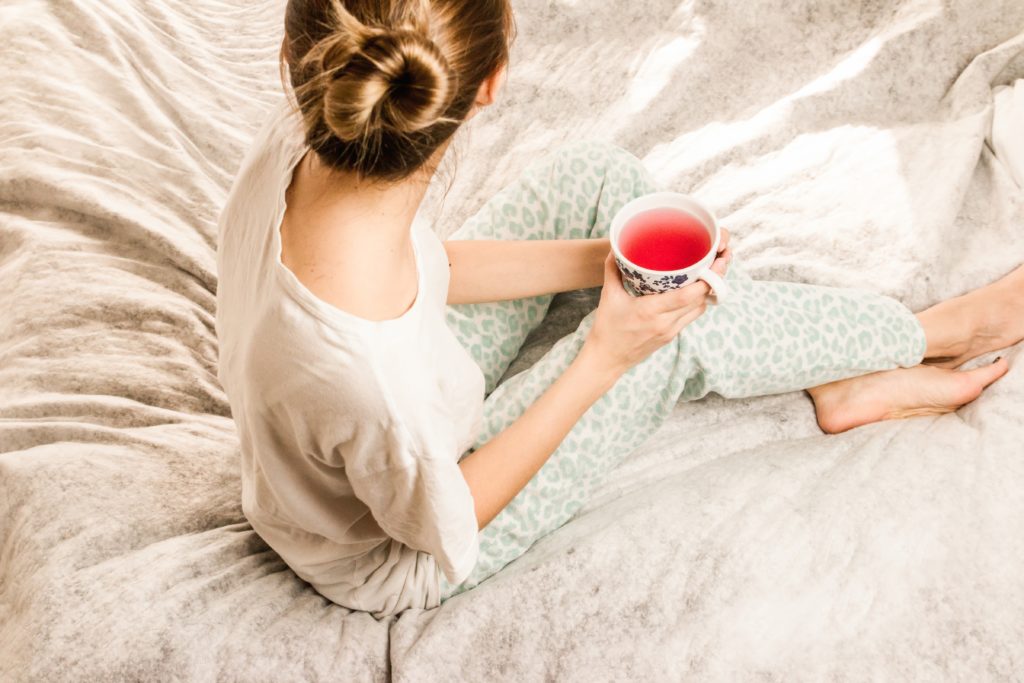
See honey on the ingredient list? That’s a sure sign the tea isn’t vegan! This is particularly important when looking for iced tea — as the ingredient is commonly used as a sweetener.
If you’re craving a sweet — but still cruelty-free– taste to your tea, consider adding agave instead.
5. Be wary of the words, “artificial flavor” and “natural flavor”
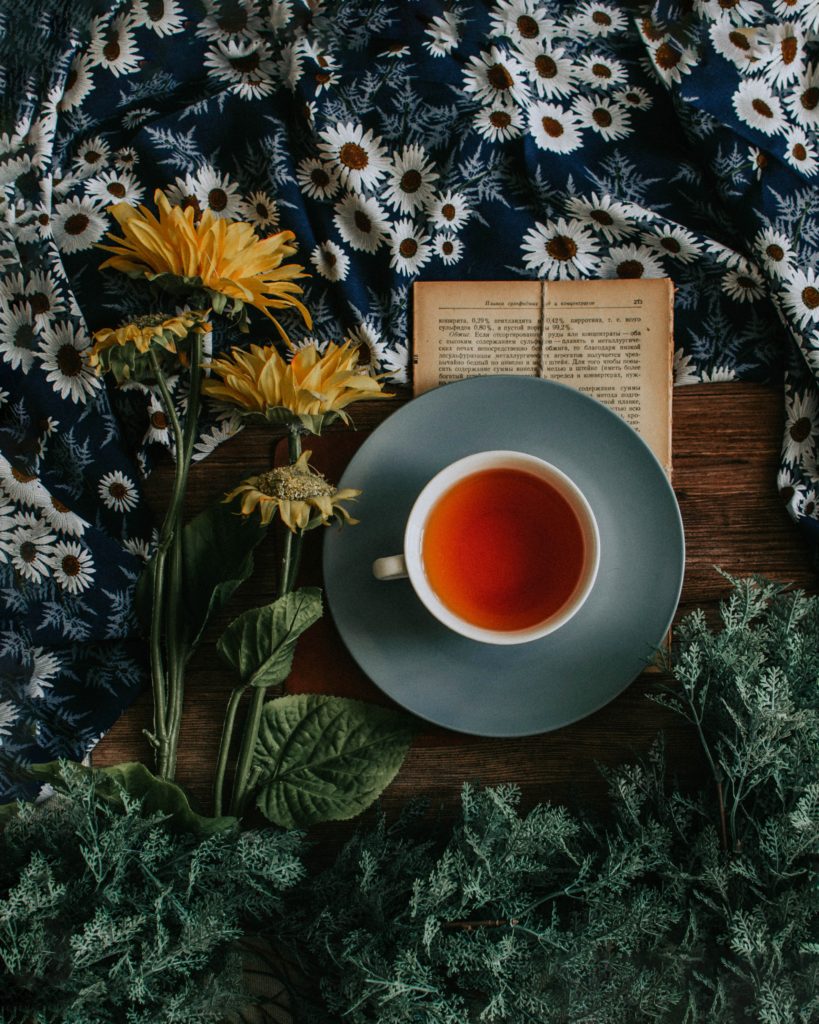
Here’s the thing: “artificial flavor” is pretty much a mixture of chemicals. And “natural flavor” is super vague information, which makes it difficult to figure out exactly what you’re consuming.
So if that makes you uncomfortable — it’s best to look for other brands (like Numi) that do disclose the full ingredient list.
Want to learn about more things cruelty-free! Check out these posts:
- 10 Cruelty-free spring beauty tips that will leave you glowing
- The natural oil that will give you the best skin and hair ever
- 5 Vegan skin care products you have to try for better looking skin

